Mozambique: President Chapo has arrived in Rwanda - Watch
Mozambique: Government preparing statute for local force militias in Cabo Delgado
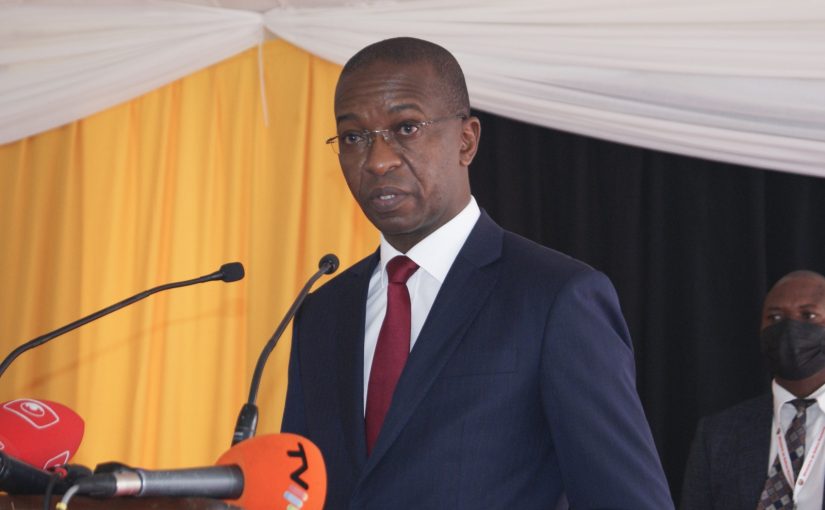
File - For illustration purposes only. [File photo: Lusa]
Mozambique’s defence minister, Cristóvão Chume, considers it necessary to frame the militias referred to as the “local force” that have been supporting the military in the fight against insurgency in Cabo Delgado, in the north of the country, within the terms of the law.
“More than anything it is [important] to regulate its operation and that work is being done by the ministry of defence and other forces: we are in the final stages of creating its own statute” so that “it does not operate outside the law,” he said in an interview with London-based international affairs think tank Chatham House, heard by Lusa on Monday.
Despite several entities in Mozambique questioning the delivery of weapons to groups of civilians, led by former combatants (even from the constitutional point of view), Cristóvão Chume highlights their role in fighting insurgency.
Chume wants to have “numbers” and wants “all the information” about the members of the local force.
This work is being carried out “with the leadership of the group”.
Another challenge, he said, is to know how long these civilian forces, equipped with weapons, should remain active.
For the minister of defence, their role ends “when the armed and defence forces of Mozambique (FADM), as part of the reform [of the sector] are able to respond to the entire country”.
“Then the local force may cease to exist” and the civilians that make up the force may carry out surveillance duties, without weapons, in parks and conservation areas, for example, he added.
In an analysis given to Lusa last week, Muhamad Yassine, professor of International Relations at the Joaquim Chissano University, a state institution, considered “the unconstitutionality of an informal force linked to the Mozambique Liberation Front (Frelimo, the ruling party) as unquestionable”.
“The so-called local force is linked to the Association of Combatants of National Liberation Struggle (ACLLIN), which is a Frelimo institution, and obeys party commands, which, at least legally, is unacceptable in a state of law,” Muhamad Yassine stressed.
In the same analysis, Fernando Lima, president of the Mozambican private media group Mediacoop, said that “the authorities were forced to accept the militias, because they were the only alternative that existed in the face of the unstoppable advance of the ‘jihadists’ on residents and because of the indiscriminate killings”.
He warned, however, of the risk of human rights abuses, the proliferation of weapons in civilian hands and uncertainty regarding the future of the youngest militia members.


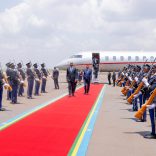
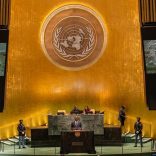

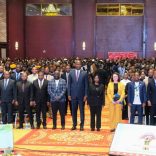

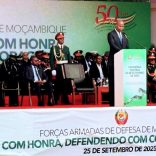





Leave a Reply
Be the First to Comment!
You must be logged in to post a comment.
You must be logged in to post a comment.